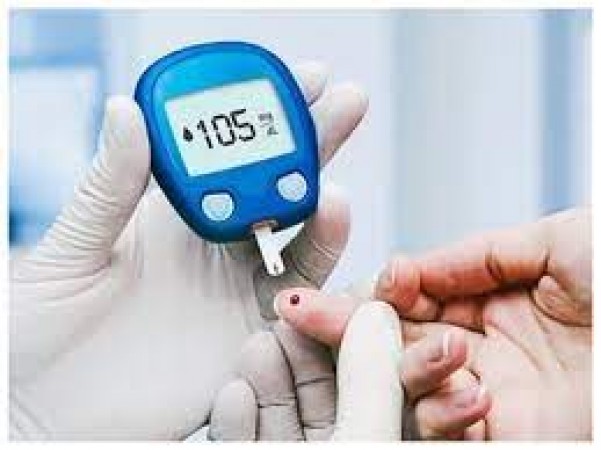
In recent years, an alarming trend has emerged - a significant increase in the number of individuals being diagnosed with Type 2 diabetes. While genetics and lifestyle factors play a crucial role in this epidemic, an often-overlooked contributor is the lack of sunlight exposure. This article delves into the connection between sunlight and Type 2 diabetes risk, shedding light on the importance of sunshine for our health.
Type 2 diabetes, once considered an adult-onset disease, is now affecting people of all ages, including children and adolescents. The global prevalence of diabetes has been steadily rising, posing a major health challenge.
Sedentary lifestyles, unhealthy diets, and obesity are well-known risk factors for Type 2 diabetes. However, recent research suggests that there might be another critical factor at play - sunlight exposure.
Vitamin D, often referred to as the "sunshine vitamin," is synthesized in the skin when it's exposed to sunlight. This vitamin plays a pivotal role in various bodily functions.
Studies have indicated a strong correlation between vitamin D deficiency and a higher risk of developing Type 2 diabetes. This connection has raised questions about the impact of reduced sunlight exposure on our health.
Sunlight exposure has been linked to improved insulin sensitivity. When our bodies become more sensitive to insulin, it can help regulate blood sugar levels more effectively.
A lack of sunlight may contribute to reduced insulin sensitivity, making individuals more susceptible to insulin resistance, a hallmark of Type 2 diabetes.
Sunlight plays a crucial role in regulating our circadian rhythm, or internal body clock. This rhythm controls various metabolic processes, including glucose metabolism.
Insufficient exposure to natural light can disrupt the circadian rhythm, potentially leading to irregularities in glucose metabolism and an increased risk of Type 2 diabetes.
The modern lifestyle often involves spending extended hours indoors, whether at work or home. This reduced exposure to natural light is a significant departure from our ancestors' way of life.
Urbanization has further exacerbated the problem, with many people living in densely populated areas with limited access to outdoor spaces.
Vitamin D deficiency is a global health concern, affecting millions of people worldwide. Factors like sunscreen use, climate, and indoor living contribute to this deficiency.
The link between vitamin D deficiency and Type 2 diabetes risk highlights the need for proactive measures to ensure adequate sunlight exposure.
While sunlight has its benefits, it's essential to balance sun exposure to minimize the risk of skin damage and skin cancer. Using sunscreen and protective clothing can help achieve this balance.
Spending more time outdoors, engaging in activities like walking or gardening, can increase sunlight exposure and improve overall health.
Public health campaigns should emphasize the importance of sunlight for overall well-being. Encouraging outdoor activities and educating people about safe sun practices can make a difference.
Healthcare providers should routinely assess patients for vitamin D deficiency and recommend appropriate supplements if necessary. In conclusion, the lack of sunlight is emerging as a significant factor contributing to the rise in Type 2 diabetes cases. While genetics and lifestyle choices remain crucial, we must also recognize the importance of sunshine for our health. By addressing this issue collectively, we can work towards reducing the burden of Type 2 diabetes and promoting overall well-being.
Today the work of people of these zodiac signs will be completed, know your horoscope
There are chances of great trips, know what is your horoscope
People of this zodiac sign can become victims of injury and accident, know what is your horoscope